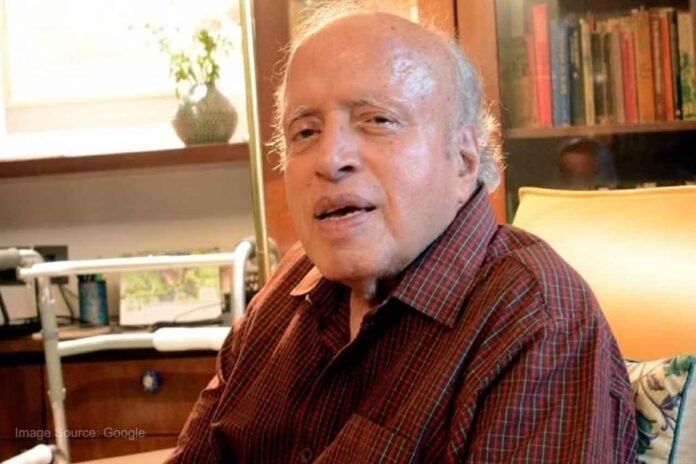MS Swaminathan (Mankombu Sambasivan Swaminathan), a well-known agricultural scientist who is regarded as the father of the Green Revolution in India, died at the age of 98. He passed away there in Tamil Nadu. He was born in Thanjavur, Tamil Nadu, in 1925.
Agronomist, agricultural scientist, administrator, and humanitarian, Swaminathan holds these titles. He was instrumental in the creation of high-yield paddy varieties, which enabled low-income Indian farmers to increase their output. In 1979, he also held the positions of Principal Secretary to the Ministry of Agriculture and Director General of the Indian Council of Agricultural Research, which eventually changed its name to the International Rice Research Institute.
Swaminathan began his career in 1949 by studying the genetics of the potato, wheat, rice, and jute. Swaminathan created the seeds for a high-yielding wheat variety, working with Norman Borlaug and other researchers. In the 1960s and 1970s, he collaborated with agricultural ministers C Subramaniam and Jagjivan Ram to significantly boost the productivity of rice and wheat, which was successful in bringing about the “Green Revolution.”
The first World Food Prize was given to Swaminathan in 1987 for his work in creating and innovating high-yielding wheat and rice varieties in India. In addition, he received the Albert Einstein World Science Award in 1986 and the Ramon Magsaysay Award in 1971. Additionally, he received the Padma Vibhushan, Padma Bhushan, and Padma Shri awards. The United Nations Environment Programme recognizes Swaminathan as the father of economic ecology.
